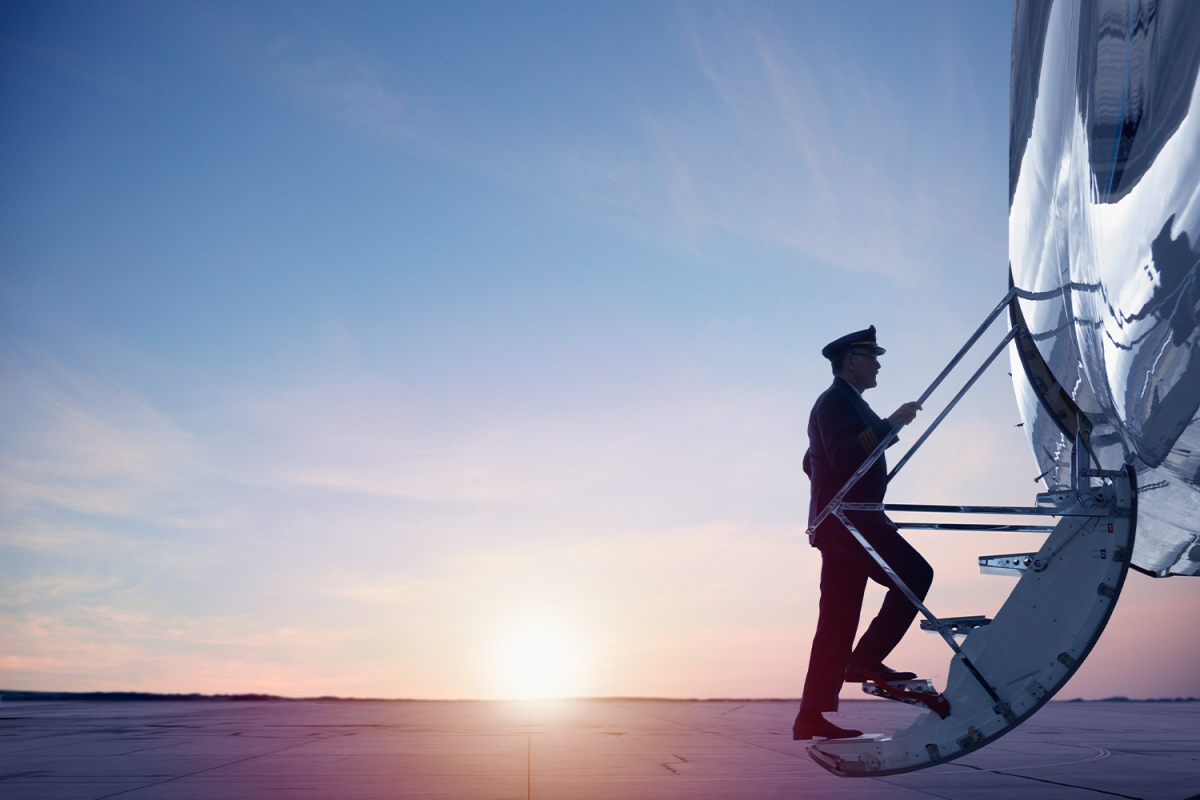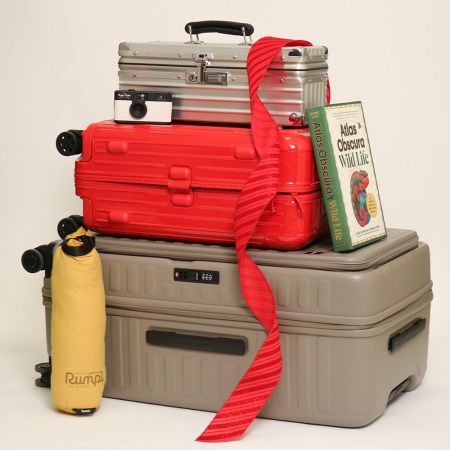Pilot shortages are nothing new. In fact, they’ve plagued the airline industry for years. But, according to a series of new reports, we’ve still yet to see the worst of it, despite the onslaught of delays, cancellations and airfare increases travelers are currently being saddled with.
Per a new report from Time, the airline industry needs to hire an average of 14,500 new pilots each year until 2030 in order to get in front of the shortage. The problem is, according to another report from ABC News, America produces only between 5,000 and 7,000 pilots annually. Further, according to the Regional Airline Association, the U.S. is likely to lose about half of its current pilots to retirement in the next 15 years.
“The pilot shortage for the industry is real and most airlines are simply not going to be able to realize their capacity plan because there simply aren’t enough pilots, at least not for the next five plus years,” United Airlines CEO Scott Kirby said on a recent conference call. “The other really large airlines will also probably be able to attract enough pilots, but for anyone else, I just don’t think it’s mathematically possible to meet the pilot demand for the capacity plans that are out there.”
It’s resulted in a sort of desperation among airlines — one that’s forced them to get both resourceful and, at times, scrappy, too. Some are even doling out offers to flight school students (who still haven’t earned commercial pilots licenses) for when they graduate.
“The airlines are underwater and trying to breathe through a straw,” American 737 Captain and Union spokesperson Dennis Tajer told ABC News. “Airlines are poaching each other’s pilots. It’s stunning the level of aggression.”
For United and American’s part, they’ve both partnered with Landline Co., a Colorado-based charter bus company, for shorter routes — even some that weren’t previously available.
Of course, while the shortage may have been around prior to 2020, the pandemic obviously exacerbated the issue tenfold, with many pilots accepting buyouts or opting to retire early. Now, two years later, all of the major airlines are anticipating significant reductions to flight schedules this quarter (according to Time, United expects flying to be down 13% from 2019, Delta Air Lines Inc. down 16%, American Airlines Group Inc. down 8% and Alaska Air down 9%).
All of this to say: while we may spend the rest of the summer bracing for impact (read: profusely checking our emails for notices of cancelations, delays and flight changes), we’re likely to be experiencing more of the same even beyond the summer months. Probably, more accurately, even for the next several years.
Thanks for reading InsideHook. Sign up for our daily newsletter and be in the know.


















